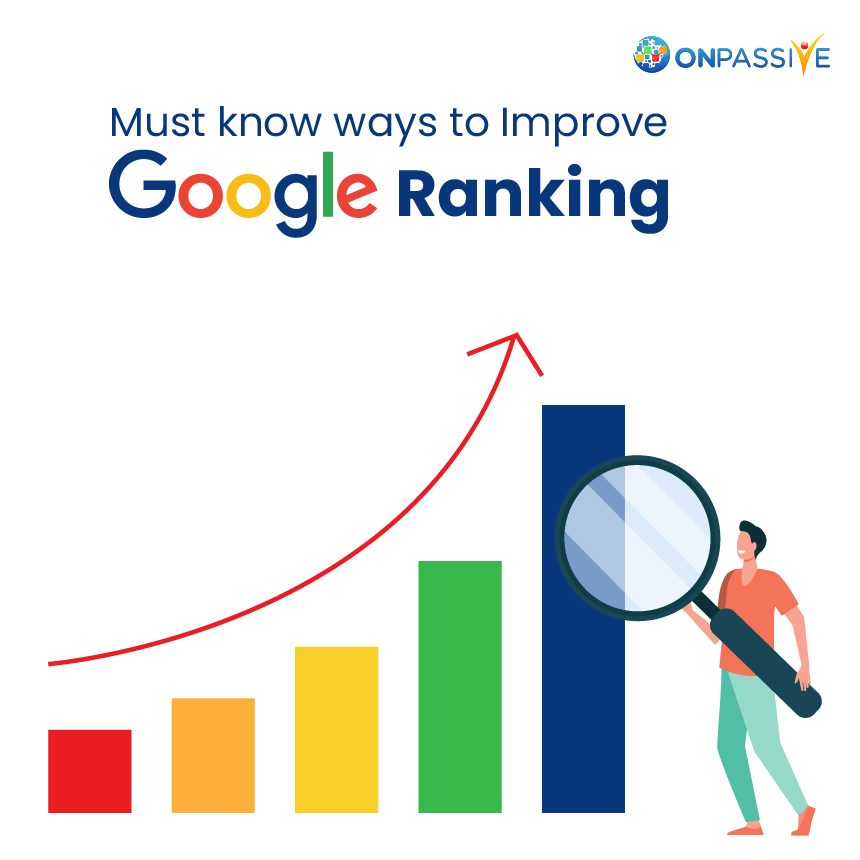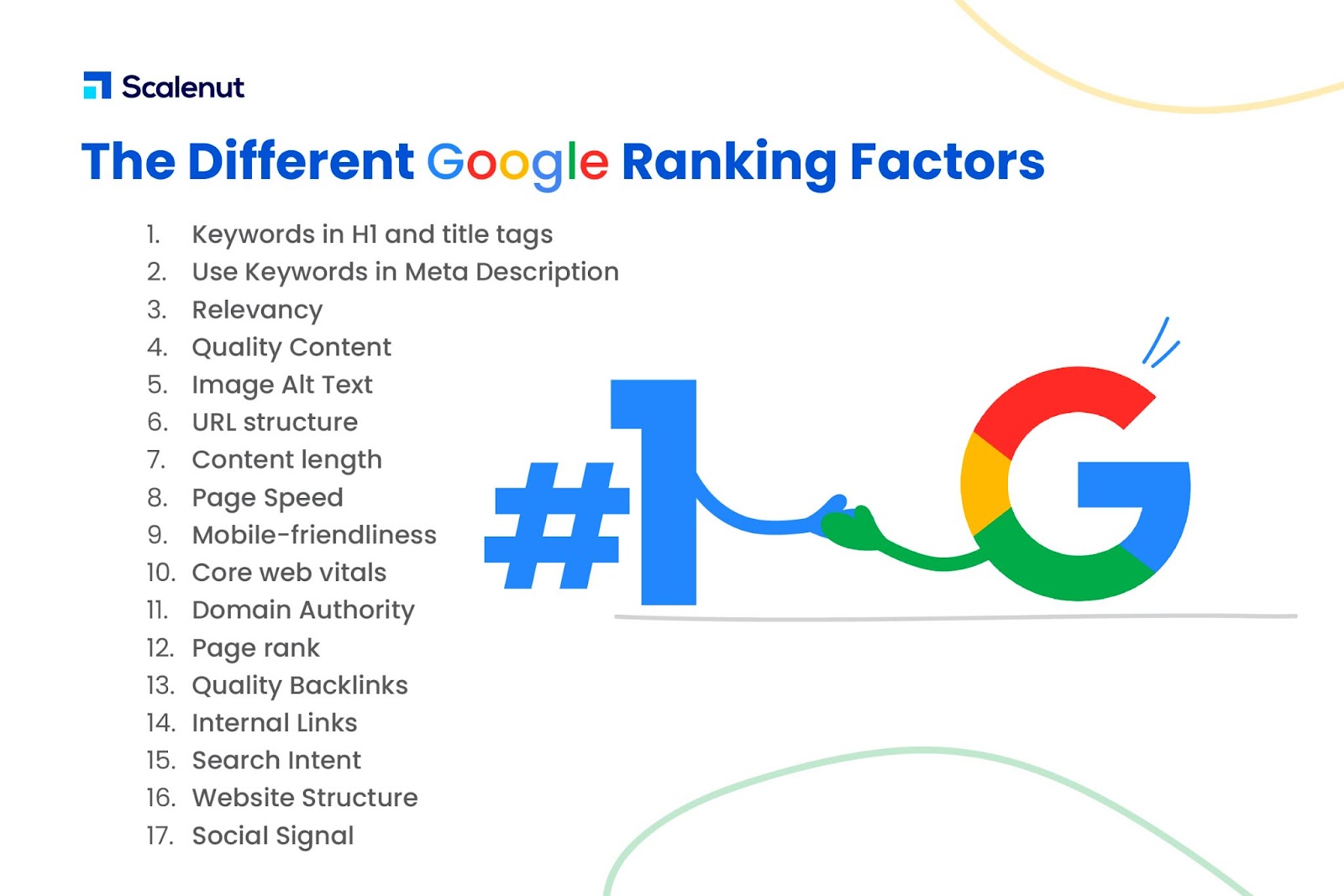Is your website's online presence a mystery? Understanding your Google rankings is no longer a luxury; it's a necessity for survival in today's digital landscape.
The digital realm operates on a simple yet complex principle: visibility. Websites, like storefronts, need to be seen to be successful. The higher a website ranks in Google's search results, the more likely it is to attract clicks, traffic, and ultimately, conversions. This article delves deep into the world of Google rankings, providing a comprehensive guide to understanding, monitoring, and improving your website's position in the world's most dominant search engine. We'll explore the tools, techniques, and underlying principles that govern how Google determines which websites get noticed and which ones remain hidden in the digital shadows. From the basics of Google rank checkers to the intricacies of the Google algorithm, this is your roadmap to SEO success.
Before we delve into the specifics, it is crucial to define what exactly a "Google rank" is. Simply put, a Google rank represents a website's position within Google's search results for a specific keyword or search term. Think of it as a numerical value that determines your website's visibility to potential customers. The higher the rank, the more prominent your website appears and the greater the likelihood of attracting organic traffic. Every position counts. Securing a spot on the first page of Google can dramatically increase your website's exposure, whereas being buried on page ten is as good as not existing online. To understand the journey, first, you must know your starting point, and Google rank is your map for the digital journey.
Let's consider how a digital business can achieve optimal rankings. A "Google rank checker tool" is an invaluable asset. These tools are designed to provide detailed insights into your website's performance in Google's search results. By using a rank checker, you gain access to both current and historical ranking data for your website, allowing you to monitor your progress over time and identify areas for improvement. In addition, these tools offer the capacity to compare your rankings against those of your competitors. This comparative analysis is crucial for understanding your market position and developing strategies to outrank your competition. With the right tools and knowledge, you can move with confidence in the SEO world.
Google, a technology company, uses various ranking systems to determine the order of search results. These systems are often referred to as the core ranking systems. They are the underlying technologies that produce search results. The core ranking systems use a complex blend of factors, including the keywords, the website's content, the quality of the website's content, backlinks, and user experience. As well as, Google algorithm considers various factors when ranking sites, including relevance, authority, and user experience. These factors are constantly evolving as Google refines its algorithm to provide the best search results possible. Understanding these factors is a critical step in improving your website's SEO performance.
The quest to understand and improve your Google rankings begins with the right tools. Fortunately, there are several ways to quickly and accurately check your website's position in Google's search results. The most common and accessible method is to perform a manual search using the Google search engine itself. Simply enter the keywords you are targeting and see where your website appears in the results. While this method is easy, it can be time-consuming and may not always reflect the most accurate ranking, as Google's results can be personalized based on your location and search history. A rank checker tool can automate this process. By automating the process, you can check the rankings for many keywords at once. By using these tools, you can obtain a more complete picture of your website's performance and identify areas that need attention.
Another popular and powerful tool is Google Search Console, a free service offered by Google that provides a wealth of data on your website's performance in search results. Google Search Console provides insight into your website's impressions, clicks, and position for specific keywords. The tool also allows you to submit sitemaps and individual URLs to be crawled by Google, helping to ensure that your website is indexed and that Google has the freshest content. Because the data comes directly from Google, you can be assured that it is accurate and reliable. You can also review your index coverage to make sure Google has the most up-to-date version of your website. Using these methods, you can get the most relevant information about your website.
The importance of a good website rank finder cannot be overstated. These tools give a website's position in Google's (or Bing's or Yahoo's) search results for a given keyword. The ability to measure progress is what makes them so crucial. Accurate rankings form the foundation of any SEO strategy. Knowing where you stand allows you to track your progress and measure the effectiveness of your efforts. Tools such as Google rank checkers help you find the top traffic-driving keywords, which is important for SEO. By using them, you can identify high-volume keywords that you can easily boost to page one. By using these tools, SEO will be easier.
So, how can you effectively monitor your website's ranking? By now, you probably have a website or blog. So, you are probably familiar with Google Analytics. Wondering how to check your Google rank on your site and your competitors? It is a straightforward process that involves several key steps. First, identify the keywords you want to track. These should be relevant to your business and the content on your website. Next, you will need to choose the right tool, whether it's a rank checker or Google Search Console. If using a rank checker, enter your domain and the keywords you are tracking. The tool will then display your website's ranking for each keyword. If you use Google Search Console, you can view your website's performance for specific keywords over a period of time. Google wants to know how good independent sites rank. With these tools and methods, you can track your site's SEO.
When evaluating the performance of a search engine, consider factors like the following. The Google Rank Checker tool helps you evaluate your website's keyword positions on Google, offering both current and historical ranking data for desktop and mobile searches within the top 100 Google results across 155 countries. By understanding the different ranking systems, you can ensure your website is in the best position possible. Three ways to check your Google rankings quickly and accurately are as follows: using Google Search Console, using a third-party rank checker tool, or manually searching Google. You can also discover the key factors, such as meaning, relevance, and quality, that are used to generate how websites are ranking on Google. All these factors can make your website rank higher.
While there are many options for checking your Google rank, it's important to choose the tool and method that best suits your needs. For comprehensive data and a wealth of features, a dedicated Google rank checker is often the best choice. For simplicity and accuracy, Google Search Console is a reliable option. Regardless of the method, the key is to regularly monitor your rankings, track your progress, and make adjustments to your SEO strategy as needed. The journey to the top of Google's search results is ongoing. The internet is evolving, and search engine algorithms change frequently. So, staying informed and adapting your strategies will be your key to success. It's important to stay up to date on your SEO practices.
Remember that a Google rank is not a static value. It fluctuates based on various factors, including algorithm updates, competitor activity, and user behavior. Therefore, consistent monitoring and adjustments are essential to maintain and improve your rankings. Consider it an ongoing process of learning, testing, and refinement. Take advantage of tools, resources, and insights to drive your online success.


